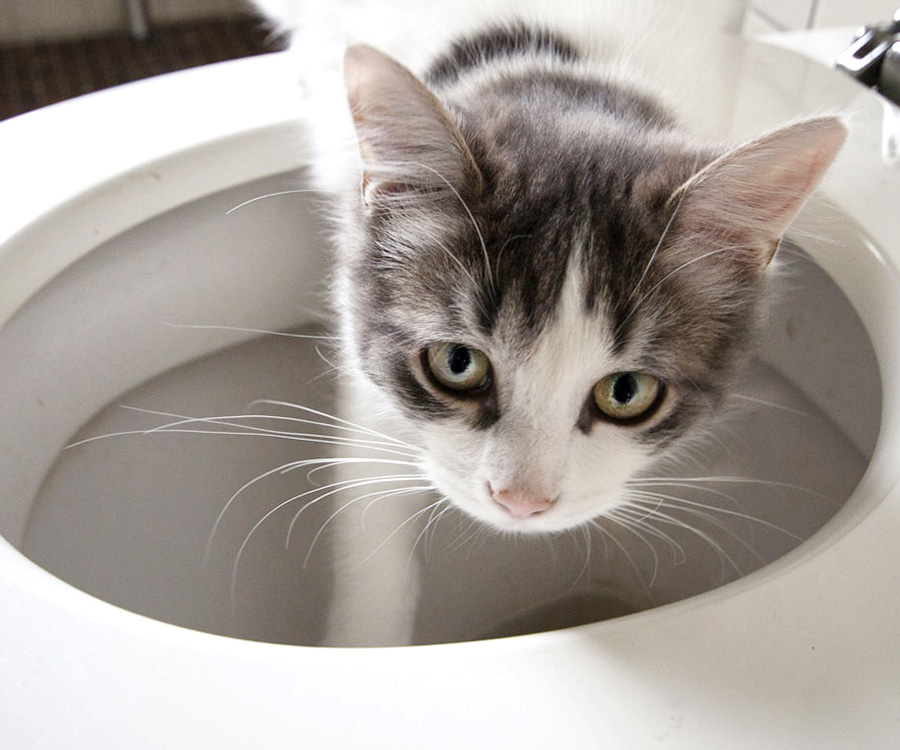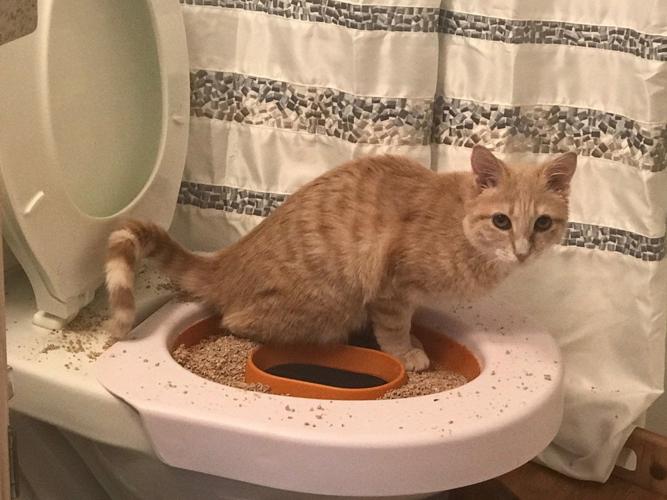Avoid Clogs and Damage: Don't Flush Cat Poop Down Your Toilet - Professional Recommendations
Avoid Clogs and Damage: Don't Flush Cat Poop Down Your Toilet - Professional Recommendations
Blog Article
Right here below you can get some decent guidance concerning How to Dispose of Cat Poop and Litter Without Plastic Bags.

Introduction
As cat owners, it's important to be mindful of just how we get rid of our feline pals' waste. While it may appear hassle-free to flush feline poop down the toilet, this technique can have detrimental repercussions for both the setting and human wellness.
Environmental Impact
Flushing cat poop presents hazardous microorganisms and parasites into the water supply, presenting a substantial danger to aquatic ecosystems. These impurities can adversely impact aquatic life and compromise water top quality.
Health and wellness Risks
In addition to ecological concerns, flushing cat waste can likewise pose health and wellness threats to people. Feline feces may contain Toxoplasma gondii, a bloodsucker that can trigger toxoplasmosis-- a possibly extreme illness, particularly for expectant women and individuals with weakened immune systems.
Alternatives to Flushing
Fortunately, there are safer and more responsible ways to take care of pet cat poop. Take into consideration the adhering to options:
1. Scoop and Dispose in Trash
One of the most typical method of getting rid of cat poop is to scoop it right into an eco-friendly bag and toss it in the trash. Make certain to utilize a devoted clutter scoop and dispose of the waste without delay.
2. Use Biodegradable Litter
Opt for naturally degradable cat trash made from materials such as corn or wheat. These trashes are environmentally friendly and can be safely taken care of in the garbage.
3. Hide in the Yard
If you have a yard, consider burying pet cat waste in a designated area away from vegetable yards and water resources. Make certain to dig deep adequate to stop contamination of groundwater.
4. Install a Pet Waste Disposal System
Invest in an animal waste disposal system specifically developed for feline waste. These systems make use of enzymes to break down the waste, reducing odor and environmental effect.
Conclusion
Accountable pet dog ownership expands beyond giving food and shelter-- it additionally includes correct waste monitoring. By refraining from purging feline poop down the toilet and opting for alternative disposal methods, we can lessen our ecological impact and safeguard human health and wellness.
Why You Should Never Flush Cat Poop Down the Toilet
A rose by any other name might smell as sweet, but not all poop is created equal. Toilets, and our sewage systems, are designed for human excrement, not animal waste. It might seem like it couldn’t hurt to toss cat feces into the loo, but it’s not a good idea to flush cat poop in the toilet.
First and foremost, assuming your cat uses a litter box, any waste is going to have litter on it. And even the smallest amount of litter can wreak havoc on plumbing.
Over time, small amounts build up, filling up your septic system. Most litter sold today is clumping; it is made from a type of clay that hardens when it gets wet. Ever tried to scrape old clumps from the bottom of a litter box? You know just how cement-hard it can get!
Now imagine just a small clump of that stuck in your pipes. A simple de-clogger like Drano isn’t going to cut it. And that means it’s going to cost you big time to fix it.
Parasitic Contamination
Believe it or not, your healthy kitty may be harboring a nasty parasite. Only cats excrete Toxoplasma in their feces. Yet it rarely causes serious health issues in the cats that are infected. Most people will be fine too if infected. Only pregnant women and people with compromised immune systems are at risk. (If you’ve ever heard how women who are expecting are excused from litter cleaning duty, Toxoplasma is why.)
But other animals may have a problem if infected with the parasite. And human water treatment systems aren’t designed to handle it. As a result, the systems don’t remove the parasite before discharging wastewater into local waterways. Fish, shellfish, and other marine life — otters in particular — are susceptible to toxoplasma. If exposed, most will end up with brain damage and many will die.
Depending on the species of fish, they may end up on someone’s fish hook and, ultimately on someone’s dinner plate. If that someone has a chronic illness, they’re at risk.
Skip the Toilet Training
We know there are folks out there who like to toilet train their cats. And we give them props, it takes a lot of work. But thanks to the toxoplasma, it’s not a good idea.

I have been very drawn to Can You Flush Cat Poo or Litter Down the Toilet? and I'm hoping you enjoyed reading the new post. Feel free to set aside a second to promote this blog entry if you appreciated it. Thanks so much for your time invested reading it.
Click Here Report this page